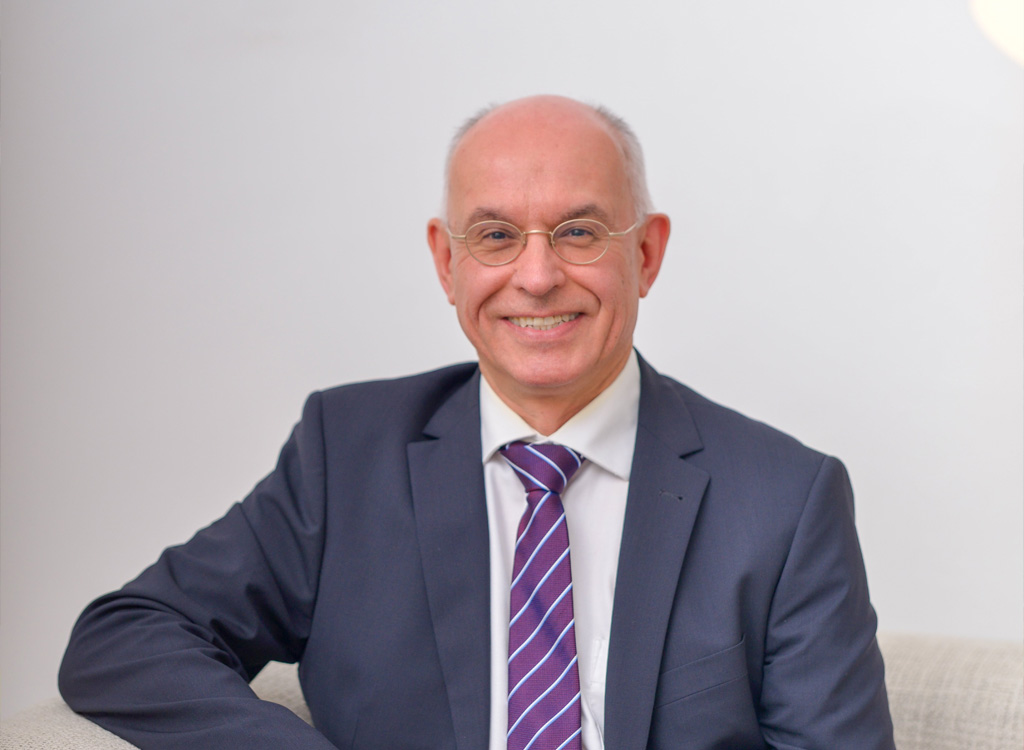Germany’s Ambassador to Sri Lanka, Dr. Felix Neumann, has called on Sri Lanka to accelerate bureaucratic and regulatory reforms to attract higher levels of German and European investment.
Speaking at the Pathfinder Foundation’s “Ambassador’s Roundtable” in Colombo yesterday, Dr. Neumann said that while Sri Lanka’s investment climate has shown signs of improvement, procedural delays and policy uncertainty continue to deter potential investors.
He noted that nearly 300 German brands are currently active in Sri Lanka, spanning a wide range of industries. However, many companies remain reluctant to expand due to bureaucratic inefficiencies, slow approval processes, and concerns over policy continuity.
“If I talk to German companies, they tell me it’s improving—but we could invest more if bureaucracy was faster, corruption-free policies continued, and our investments were better protected,” Dr. Neumann said.
The Ambassador identified land acquisition as one of the biggest challenges for foreign investors, pointing out that lengthy discussions over lease terms often discourage investment. “German investors are putting in a lot of money on land that is not theirs. That creates hesitation,” he remarked.
He warned that multinational firms, including German companies, could shift their focus to other regional economies with clearer regulations and quicker administrative processes.
Dr. Neumann acknowledged recent government initiatives such as the “Clean Sri Lanka” programme, describing them as positive steps toward reform, but emphasized that implementation speed would determine success. “The trend is right—but bureaucracy and law-making must move faster. The quicker it happens, the more investment will come,” he said.
Highlighting Germany’s outward investment potential, Dr. Neumann noted that its ageing population and mature economy make it increasingly export- and investment-oriented. “Germany has the capital and the appetite to invest—it just needs favourable conditions,” he added.
The Ambassador added that Sri Lanka’s strategic location, rule of law, and shared democratic values with Europe give it strong potential to become a regional investment hub—if it can execute reforms effectively.











Leave a comment